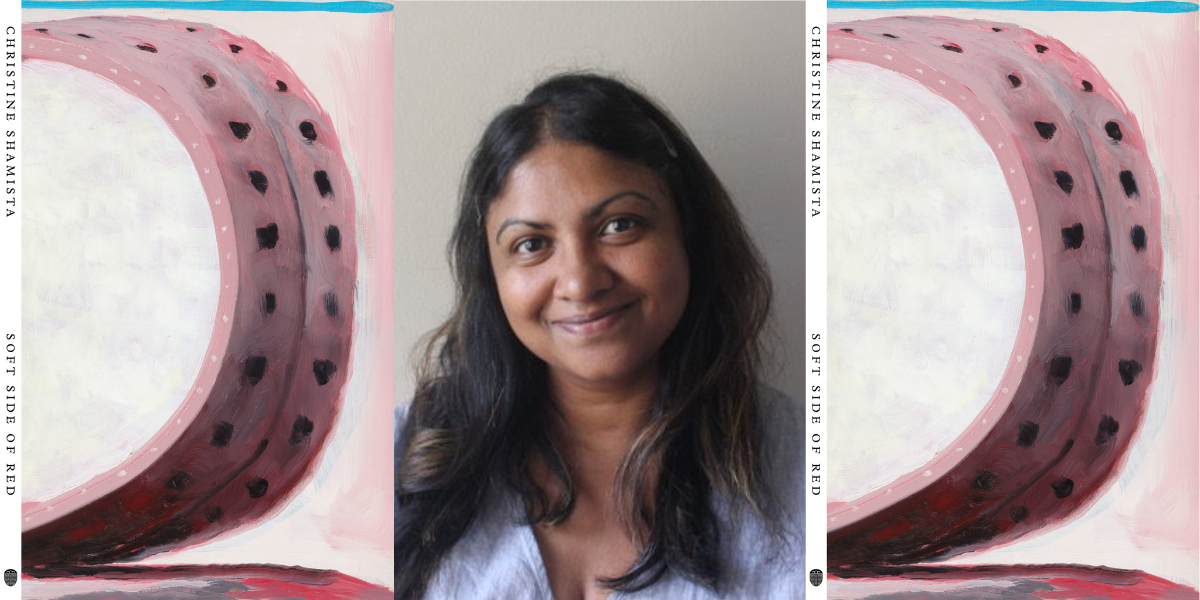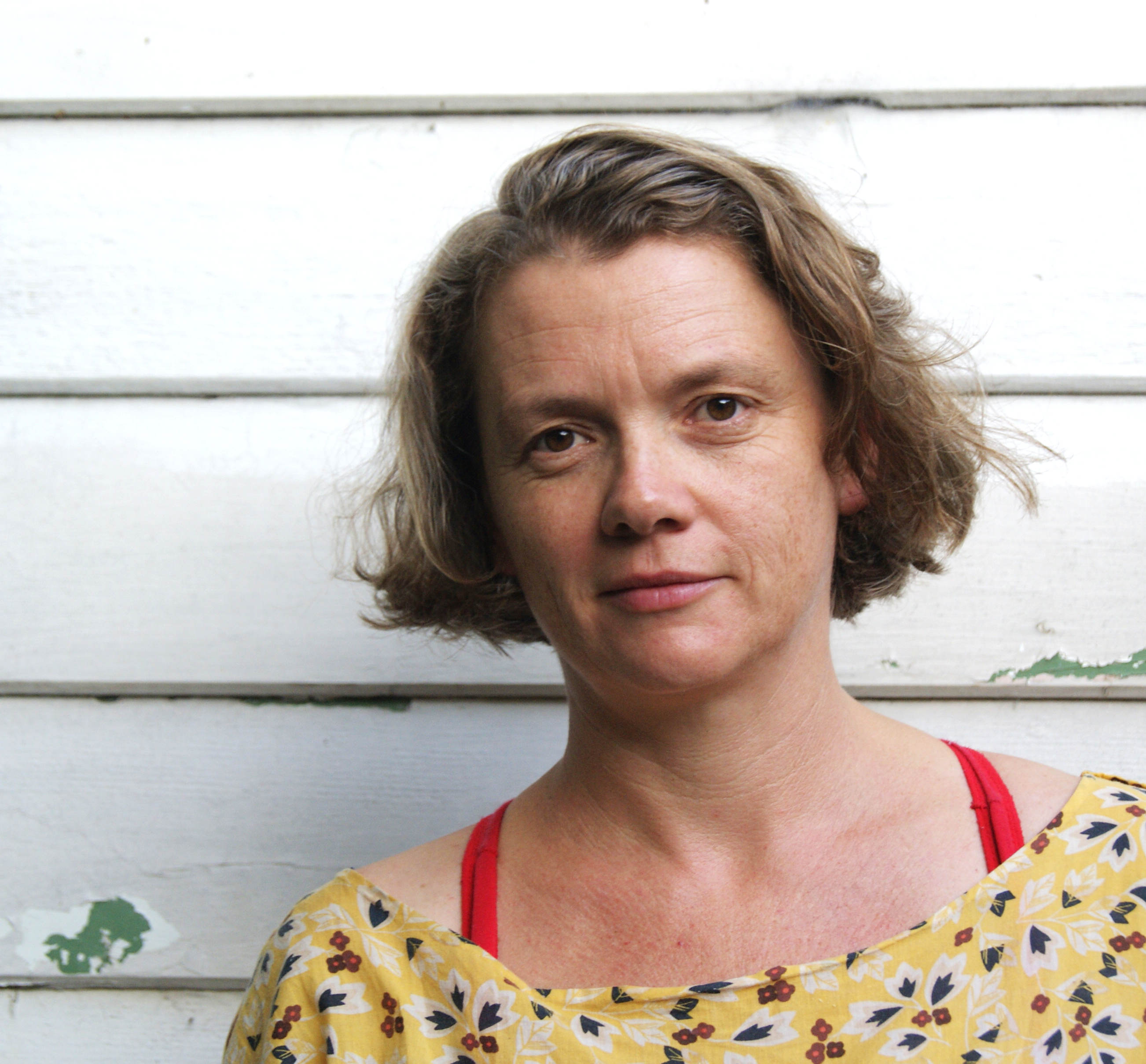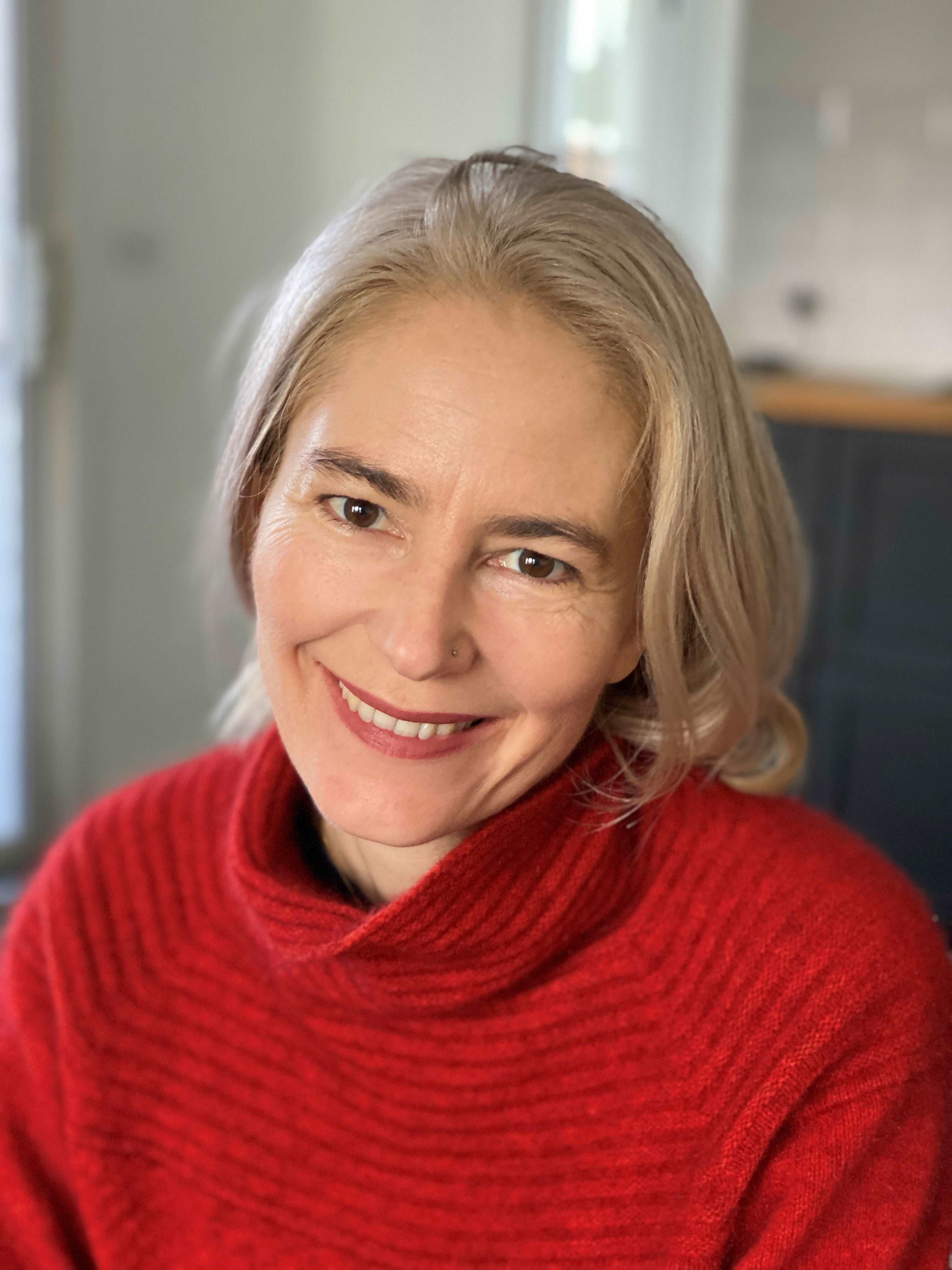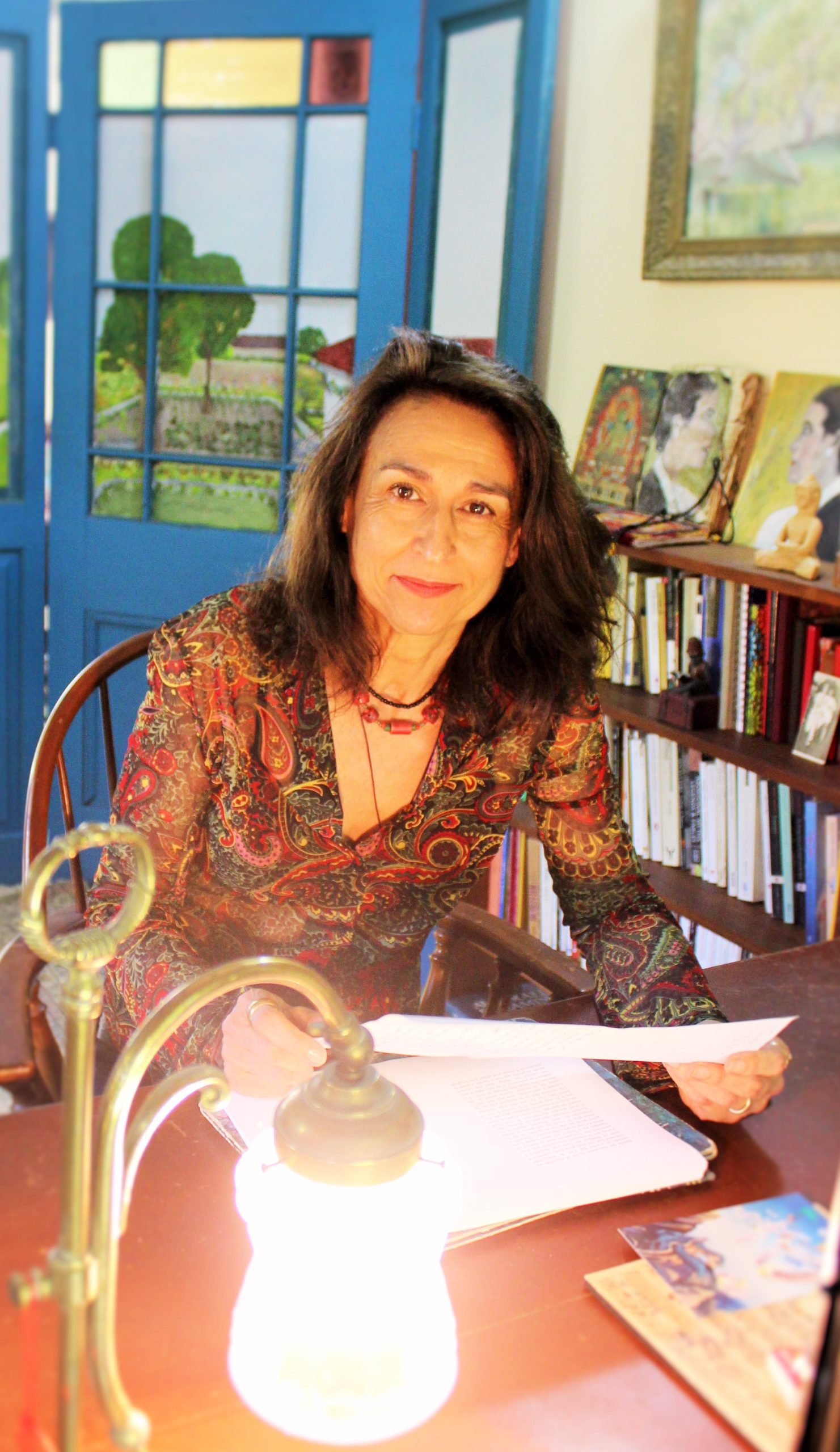1. How would you describe Soft Side of Red?
Soft Side of Red is a series of recollections from my childhood, youth and adulthood, spanning experiences from Sri Lanka, England and Australia. It is a collection that also explores how the past informs our present and future.
It’s an easy-to-read collection that is for anyone interested in hearing other people’s stories and hopefully inspires readers to reflect on their own story.
2. What drew you to write this poetry?
In quiet moments, I love to put words to a moment or a feeling that is significant in some way. It’s a way I unpack, deconstruct and explore. These poems were written in these moments. After an initial conversation with Life Before Man’s poetry editor, I pulled these poems together and embarked on an editing process of shaping them into this collection, with broader themes, images and sounds emerging in the process.
3. Tell us a bit about the experience of writing the book…
For me, writing this book involved playing with each poem, to find a way they would fit in cohesive flow. It was a really joyful experience working with my editor to help me view the poems in a more distanced, objective way. I could then go deep into the process and rewrite parts of them in different ways. New poems also emerged through this process. It was very much an iterative process taking a few years, with time breaks in between edits.
3. Who is this book for?
This book is for anyone willing to take some moments to experience a different pace, is curious about life and enjoys listening to other people’s stories.
The book is dedicated to my Appammah (my father’s mother), Ammammah (my mother’s mother) and my parents.
4. When (or where) would be the perfect time (or place) to read this book?
This is a hard question to answer! In my head, the best places to read poetry would be when alone and in nature – the mountains, at the beach – but those moments can be rare! I tend to carry a book of poetry around with me, as I never know when I’m ready for a poem. What I really like about poetry is that you only need a few quiet moments to read one. Poetry books are usually slim and small, so they are easy to carry, ready for when you have a moment to open them up.
5. What prompted you to start writing poetry and when did you start?
I have played with words and phrases for as long as I can remember. I took a creative writing class with Marion Campbell when I was at university many years ago now. The first piece I wrote for that was a short story, part prose, part poetry. The feedback from that session was to make the whole piece a poem. That piece was the first poem I ever published. I’ve been writing poems since.
I, like a lot of writers, use writing to work out what’s happening in my own life. And it can be frightening to write about real life. I figure things out, or call things out, in ways that can be surprising and confronting. Although I write mostly fiction, this collection, in contrast, is real life stuff.
6. One thing you’ve learned the hard way when it comes to writing poetry?
That a poem rarely comes out perfectly the first time. Poetry requires patience, and reworking, which is hard work!
7. Best investment you’ve ever made in your writing?
Making time for it. Writing requires time. And not just time for when pen goes to paper, but time to think and play with ideas, words and form.
And lastly…
8. Favourite bookshop anywhere in the world?
I adore bookshops. I have a particular fondness for independent bookshops. I find they have a unique and a fresh selection of books I may otherwise not come across. Some of my most treasured finds have been in an independent bookshop. I’m hesitant to call out a particular bookshop in Sydney, we’re incredibly spoilt for terrific ones.
I was recently in England, and Waterstones in Nottingham was a delightful experience. Megalong Books in Leura, The Little Lost Bookshop in Katoomba, and The Bookshop in Kiama, are ones I love and get to at least once a year. And as cliché as it is, Shakespeare and Company in Paris is always a delight and worth the queue.
9. What book are you currently reading?
I read across genres, all the time. I tend to have a couple on the go – one poetry book, and a novel. I’m carrying Kirli Saunders’ Kindred. She’s a Gunai woman and I was drawn to her poems about her matriarchy when I flicked through this in a bookshop. I’m also reading Yellowface by R.F. Kuang, which so many people have been speaking about so I was keen to read it before I heard too much more about it. It has an unlikeable protagonist, and is an easy, intriguing read with great pace.
10. What’s the last book you read that you loved?
The last poetry book I read and loved was It’s the Sound of the Thing by Maxine Beneba Clarke. It’s technically a book of poetry for kids. We had this book on our dining table for a few weeks, and us kids of all ages enjoyed opening it and reading some out aloud. It got our tongues twisted, giggling and reflecting. It’s terrific and a book I wish had been out when I was a kid!





